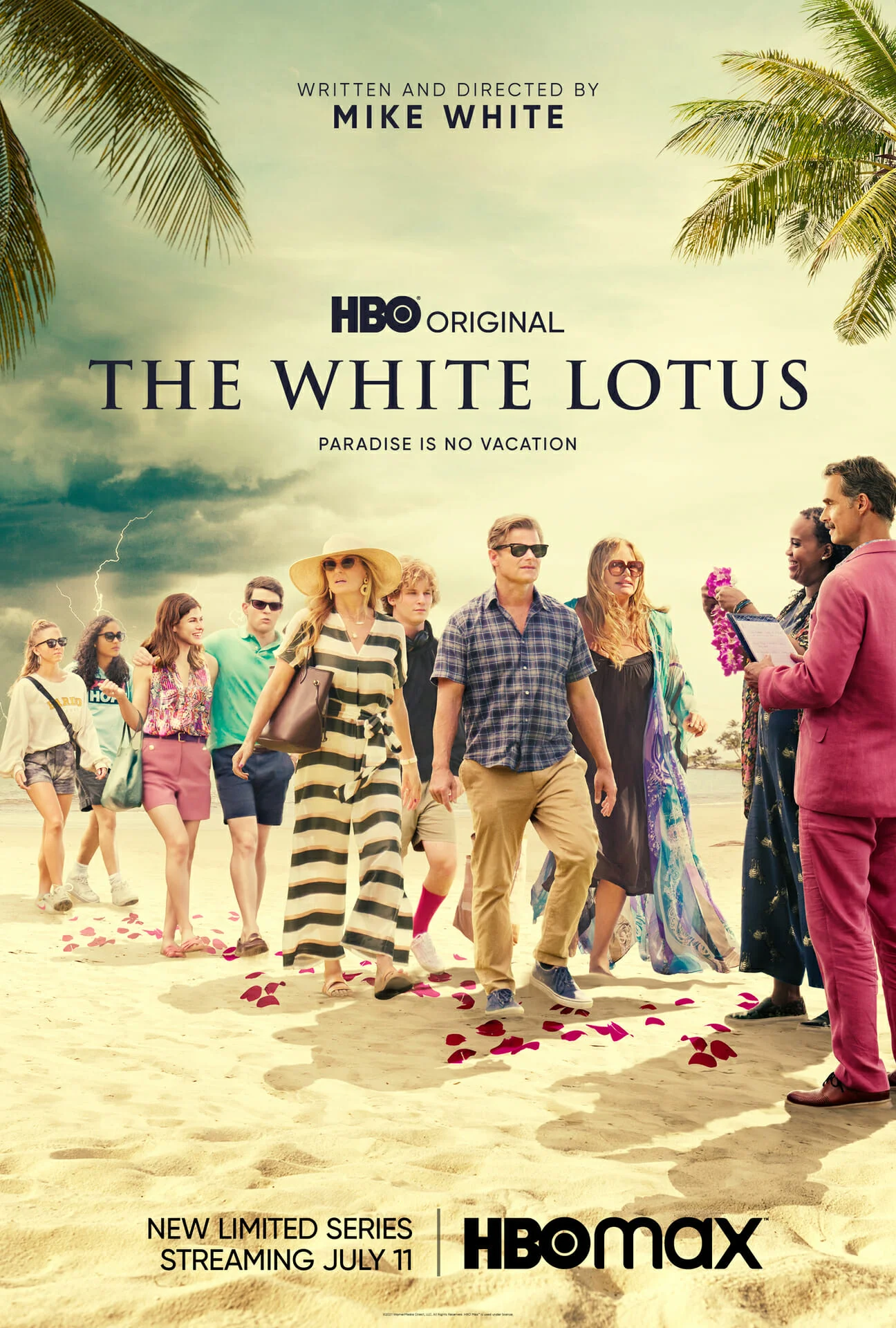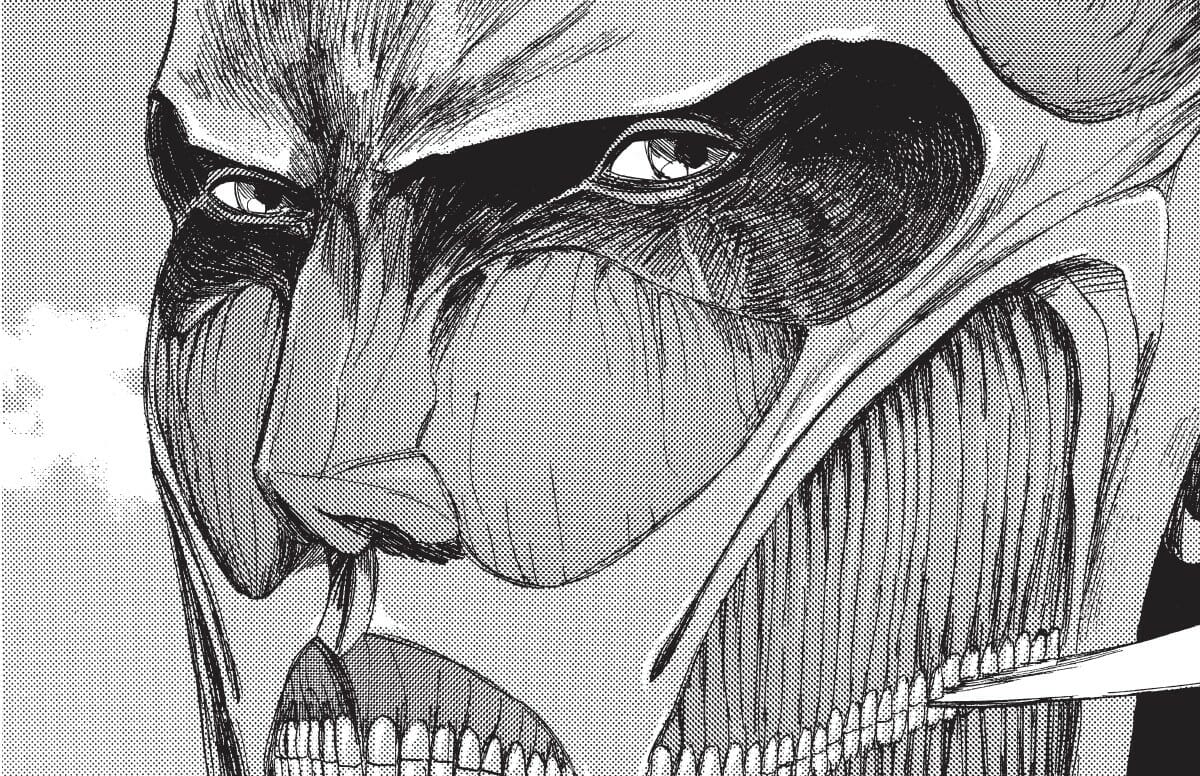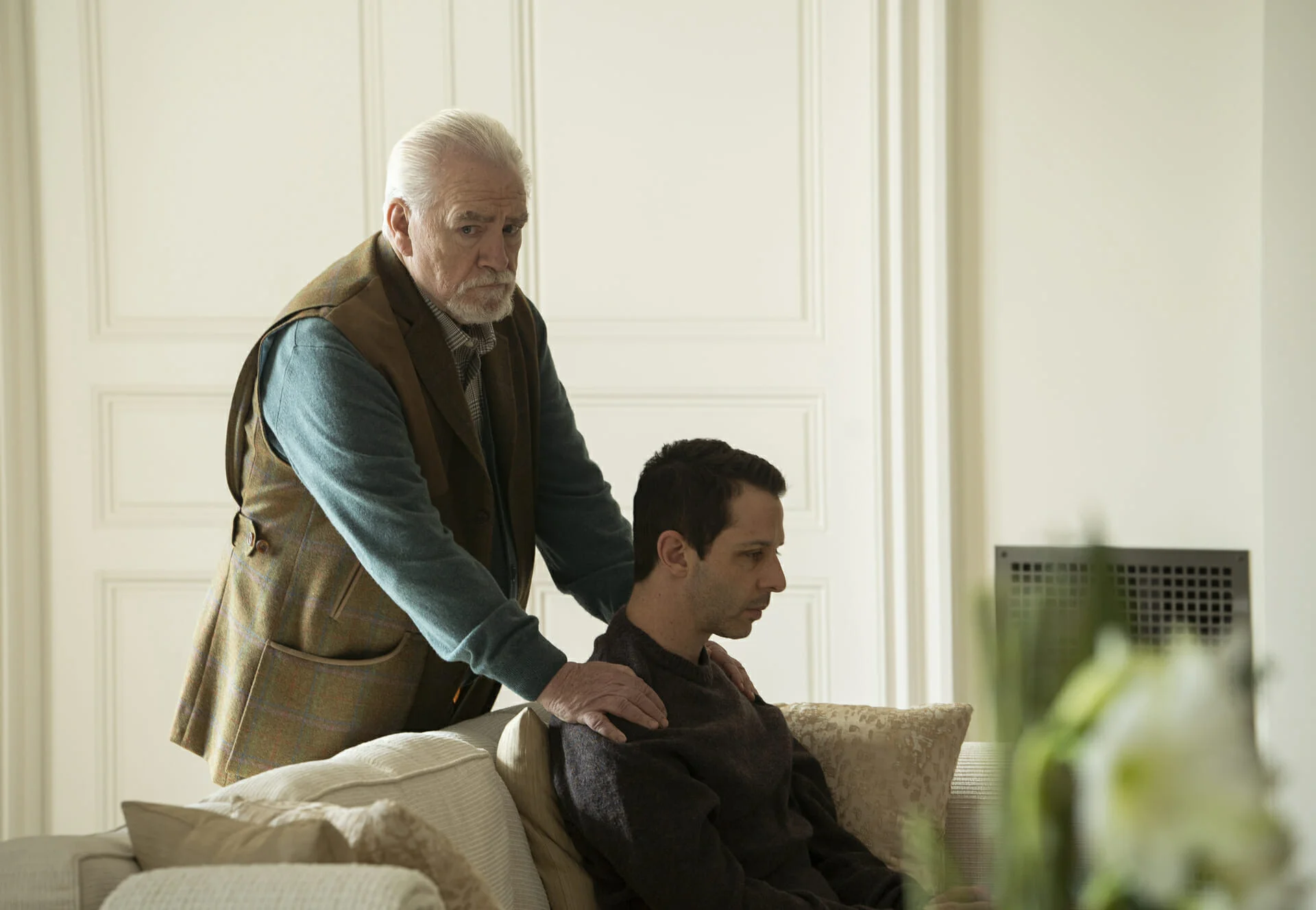
Why do people love to hate Succession
Creator
Showrunner
Director
Country
Seasons
Runtime
Genre
Music by
Many television shows are set in the world of the super-rich. They show the viewers what it means to live with a private jet, houses, and yachts scattered among the most beautiful places in the world, and people always willing to do everything in exchange for a nod. Succession gives the viewers the other side of the coin, the real one. For the first time, they can see that money does not buy you happiness.
The genesis of an empire
Since the first season in 2018, the drama follows the Roy family. Logan (Brian Cox) and his four children control one of the largest mass media and entertainment conglomerates in the world: Waystar Royco. When Logan begins to pull back from the leadership of the company due to his age, the viewers see what happens in the lives and future of his heirs. Kendall (Jeremy Strong), Siobhan (Sarah Snook), Romulus (Kieran Culkin), and the always-forgotten Connor (Alan Ruck,) fight to escape the shadow of their father, each one in their own way, but they all have apparently insurmountable problems. What they will become aware of through the season is that they are at war. They’re fighting to take control of a ship that is rapidly sinking.
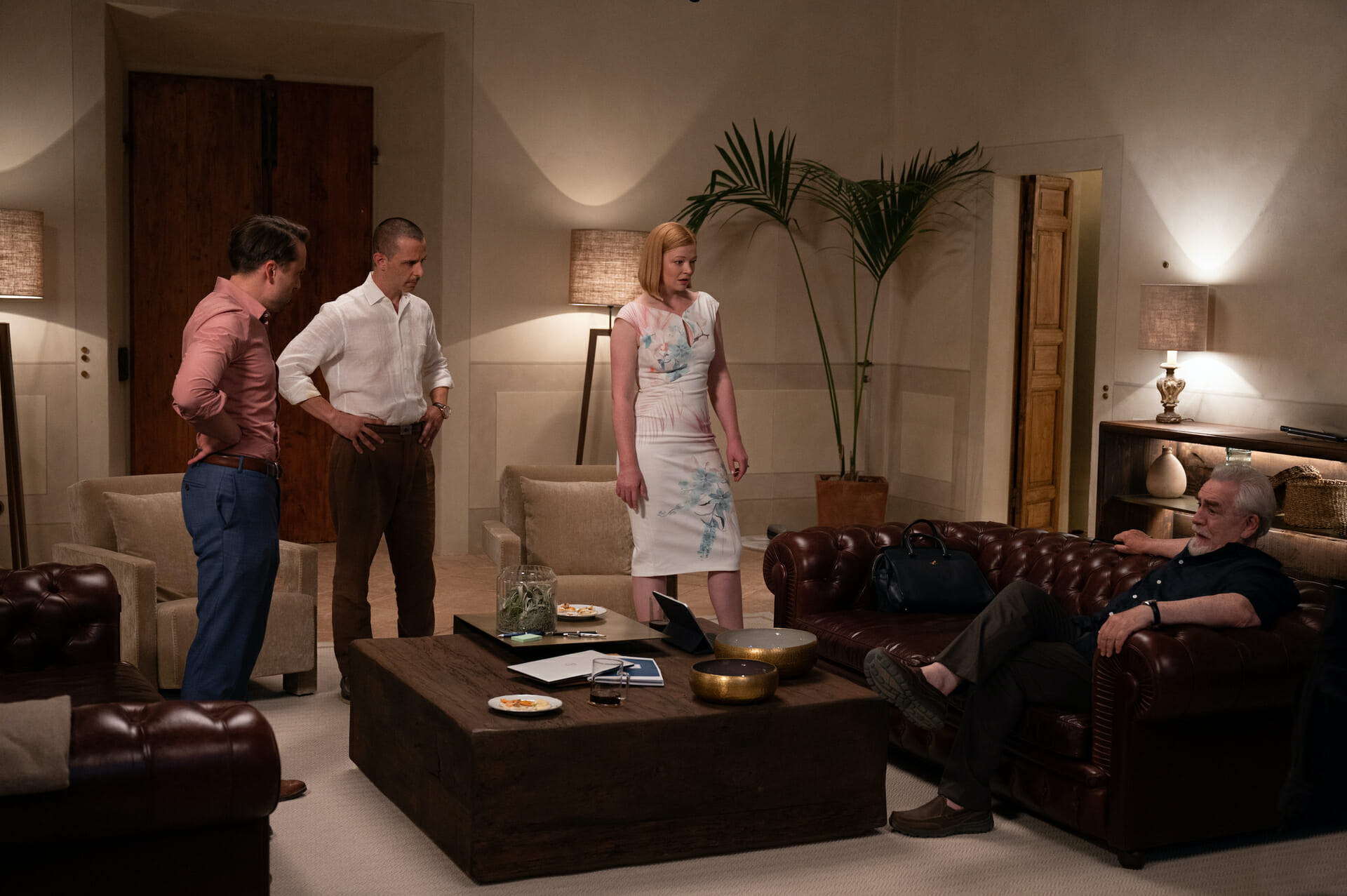
When Jesse Armstrong, the creator of the show, was asked by HBO where the inspiration for the Roy family came from, he listed a number of moguls like the Hearsts, Rupert Murdoch, and Sumner Redstone.
Lots of real-life moguls. We collected a myriad of these kinds of relationships that we knew about.
Jesse Armstrong
It’s not only Murdoch’s children — Lachlan, James, Elisabeth, and Prudence – who are said to have some characteristics of Logan Roy’s ambitious kids. The Roys and the Murdochs have many other parallels, given that both patriarchs are media tycoons in their 80s and 90s, with offspring from several marriages, the majority of whom are active in the family company.
More style, one language
Succession began with a narrative lifted straight from the pages of King Lear. A gloomy, nihilistic Shakespearean tribute to the tangled familial connections of the elite. As Shakespeare creates a new language, Armstrong does the same in Succession. He reinvents dramedy through a screenplay full of irony, sarcasm, and witty and fast dialogues – always on point. The drama is still accurate, and the show is about abuse of any kind; but Armstrong has the ability to use deep and eternal archetypes telling facts, realities, and languages that are strictly contemporary. On the contrary, another HBO show about rich people, like The White Lotus, sticks to the dark comedy side. It presents a murder in the first episode, which creates a gloomy environment.

On the genre topic, Jeremy Strong has his own view:
To me, the stakes are life and death, I take him (Kendall) as seriously as I take my own life.
Jeremy Strong for The Newyorker
That’s probably what makes Kendall’s troubles so relatable, and that’s why fans sympathize with him even when he doesn’t always deserve it.
Drama without heroes
Walter White (Breaking Bad), Don Draper (Mad Men), and Tony Soprano (The Sopranos) are mostly flawed people, antiheroes.
Often in television series, the antihero has been a fertile ground for potential narrative plots and character design. The audience can consider its use as a creative subversion to the detriment of stereotypical characters. In anti-heroes, the presence of a positive counterpart is fundamental. It restores balance in the evil actions of the protagonist. In Succession, there are antiheroes, each one acts in a dark and twisted way.
Love to hate
There are no good counterparts but a game of actions whose consequences are that something terrible happens. In this world, indeed, the only way to know if you’ve won is to see the other person humiliated and in tears. This is why Succession‘s characters combine being infinitely rich and famous but extremely lacking in real life. Just like Dr. House (House M.D.) stands in stark contrast to the protagonists of the classic medical drama as ER or Grey’s Anatomy, the Roy family is everything but a stereotypical family. People will do anything to acquire power, including turning against their own family members. The question that arises spontaneously is why the audience loves to see such hatred.
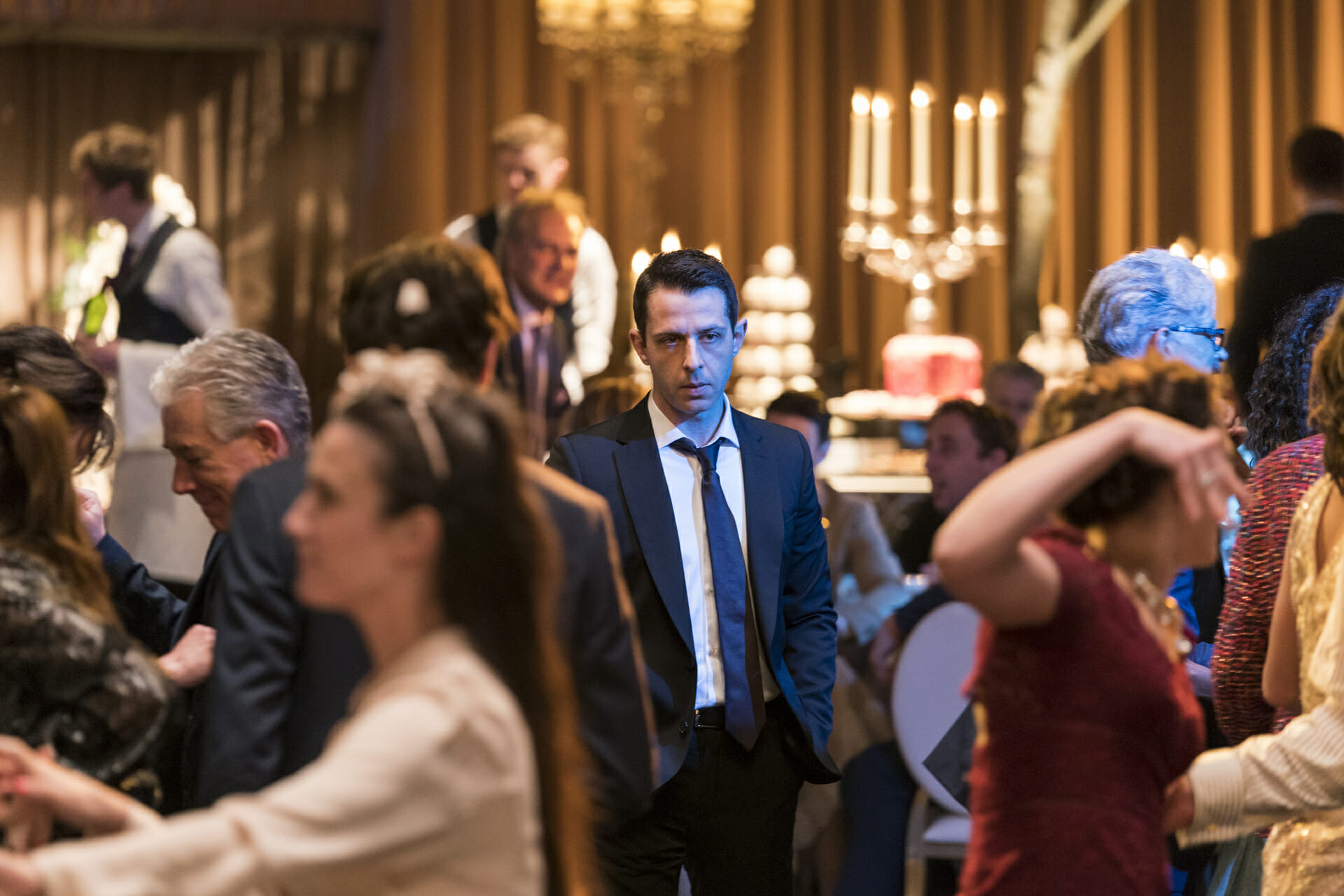
Perhaps, the perverted and endless obsession with wealth and power here is being exercised. The underlying negativity of each character is compelling. It is unavoidable to experience a little bit of pleasure in front of every terrible turn in Roy’s life.
The protagonists are both characters and caricatures; they are playing with the viewer, who, in the end, will be able to empathize with such evil people. The fault can be our tendency to believe that there is something to save under all that is rotten; these people have traumas, like all of us, that don’t allow them to be better. The result, as viewers, is an impetus to scream at the characters to leave. Unless they can escape the familiar quicksand that will ultimately consume them, they’ll never be happy.
Generational drama
The neuralgic point of the story isn’t just the characters, but what they believe in and how they act towards American culture and its environment. The story positions itself in a decidedly strategic point of history: the transition from a TV and newspaper society to the digital era. It tells a crisis that – removing the private planes, villas, and other luxuries – resembles something many have experienced or are experiencing. A blatant generational inequity, together with the shift between the dictats of woke culture and a more conservative view based on experience.
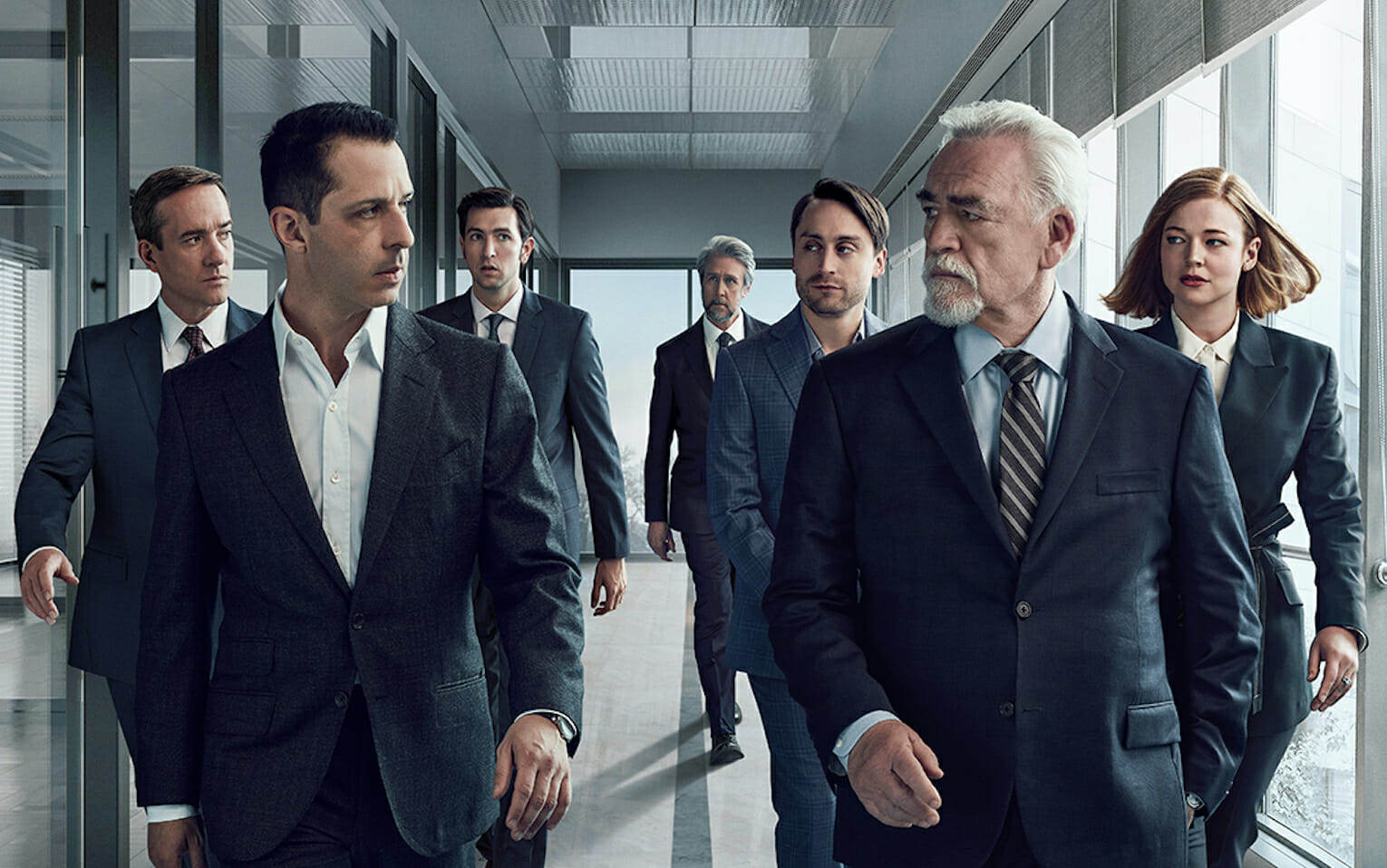
Kendall is the first one to act against his own father; he tries to adjust the direction of the company to modernization. Meanwhile, Logan wants to have the US monopoly on news. All things considered, none of his four sons are able to carry on the media empire that he built. Perhaps it is an empire destined to disappear, the barbarians – in the form of a crisis in the traditional media – are on the doorstep and pressing. The empire, though, is his life and the question is, why he should give it up. Succession doesn’t talk about hate but instead reflects on a very modern feeling, typical of this age of abundance: envy. For children and younger generations.
The success of Succession
In an era where successful series, and excellent quality, put the viewers in front of a mirror of misery and poverty (such as in Squid Game and Maid), Succession stands as the only one that shows the fabulously wealthy side and it’s working. At the 2022 Golden Globes, the third season of Succession triumphed over the hugely popular South Korean TV series.
In addition to winning in the best drama category, it took home two more Globes for Jeremy Strong and Sarah Snook. Aside from the verdict of the Hollywood Foreign Press Association, and a host of other juries (Emmys, Writers Guild of America Award, Critics’ Choice Television Award, Peabody Award, SAG Award), Succession is a genuinely unique, unpredictable, and fascinating series. A fourth season is coming and promises to be epochal.
Tag
Buy a ☕ for Hypercritic





